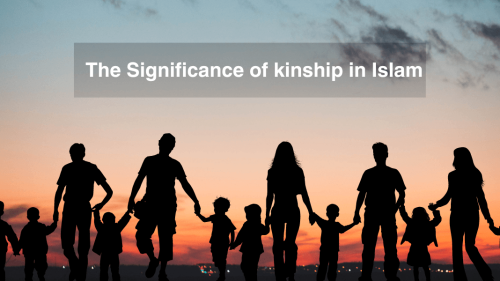Afghan Sojourn -- Grieving US Families Look for Healing
Americans who lost members of their families in the 11 September attacks have traveled to Kabul to meet Afghans whose loved ones were killed by US bombs, and to learn about the devastation that has befallen this poorest of poor nations. The grieving Americans see the meeting as a step towards building something good out of profoundly shattering events. Hoping to meet Hamid Karzai, the leader of the interim Afghan government, as well as Colin Powell, the US Secretary of State, they say they will forcefully put across their view that America should now engage in reconstruction, and not revenge. The visit has been organized by the human rights organization Global Exchange.
One of the visitors is Derrill Bodley, a 56-year-old professor of music, who lost his daughter Deora on United Airlines flight 93, which crashed in Pennsylvania. Deora's stepsister Eva Rupp will accompany him. Says Bodley: "I'm going on this journey to show my concern for those innocent Afghans who have died or are suffering now. By embracing our common humanity and sharing our sorrow perhaps we will be able to avoid other loss in the future." Bodley managed to purchase a keyboard in Islamabad for $30, and used it to perform "Steps to Peace," a melody he composed after his daughter died, as well as to accompany Afghan children singing in an orphanage, and to jam with a vocalist and sitar and tabla players. He recorded that session for a world music class he will teach next semester at Sacramento City College.
Rita Lasar, 70, a retired businesswoman who lost her brother Abe Zelmanowitz in the attack on the World Trade Center, is also on the journey. Her brother was on the 27th floor of the north tower of the World Trade Center when it was hit by the first plane. He could have escaped, but he chose instead to stay with his friend, a quadriplegic who could not have fled.
Traveler Kelly Campbell, 29, who co-ordinates environmental campaigns, lost her brother-in-law Craig Amundson in the Pentagon attack. She is traveling on behalf of her sister whose husband had a distinguished career in the US army, but liked to say that his job was to maintain the peace rather than wage war. Amber Amundson said: "I have heard angry rhetoric by some Americans, including many of our nation's leaders who advise a heavy dose of revenge and punishment. To those leaders, I would like to make clear that my family and I take no comfort in your words of rage. If you choose to respond to this incomprehensible brutality by perpetuating violence against other innocent human beings, you may not do so in the name of justice for my husband."
The first family the visitors will meet will be the Amiris at their tiny flat at the Old Makroyan suburb of Kabul. Their five-year-old daughter, Nazila, was killed during an American air strike on the morning of 17 October. She was playing with her younger brother and sister in a building 20 yards from their home when it was hit by a bomb. The pilots may have been trying to blast an army base a mile away. The Amiris do not know; no one has bothered to explain to them what went wrong. All their savings went on the funeral; they now live hand to mouth, facing eviction because of unpaid rent. "I am very glad the Americans are coming to see us," said Mr Amiri. "An innocent life lost is a terrible thing, wherever it is. The life of my daughter was precious, but so were the lives of all those who died in America. The terrorists did something evil, and then a pilot dropped a bomb which killed Nazila." "She was such a beautiful little girl, my Nazila,' said her mother. "People used to stop me on the street and say how beautiful she was. I would like to show the Americans this photo of her and try to explain how sad we feel. Maybe they will talk about the people they lost. It is a long way for them to come, and also very kind of them. We all suffer because of the terrible things men do."
For more information about the victims-to-victims exchange, contact Global Exchange, at www.globalexchange.org
Source: www.afsc.org/peacework.htm

















